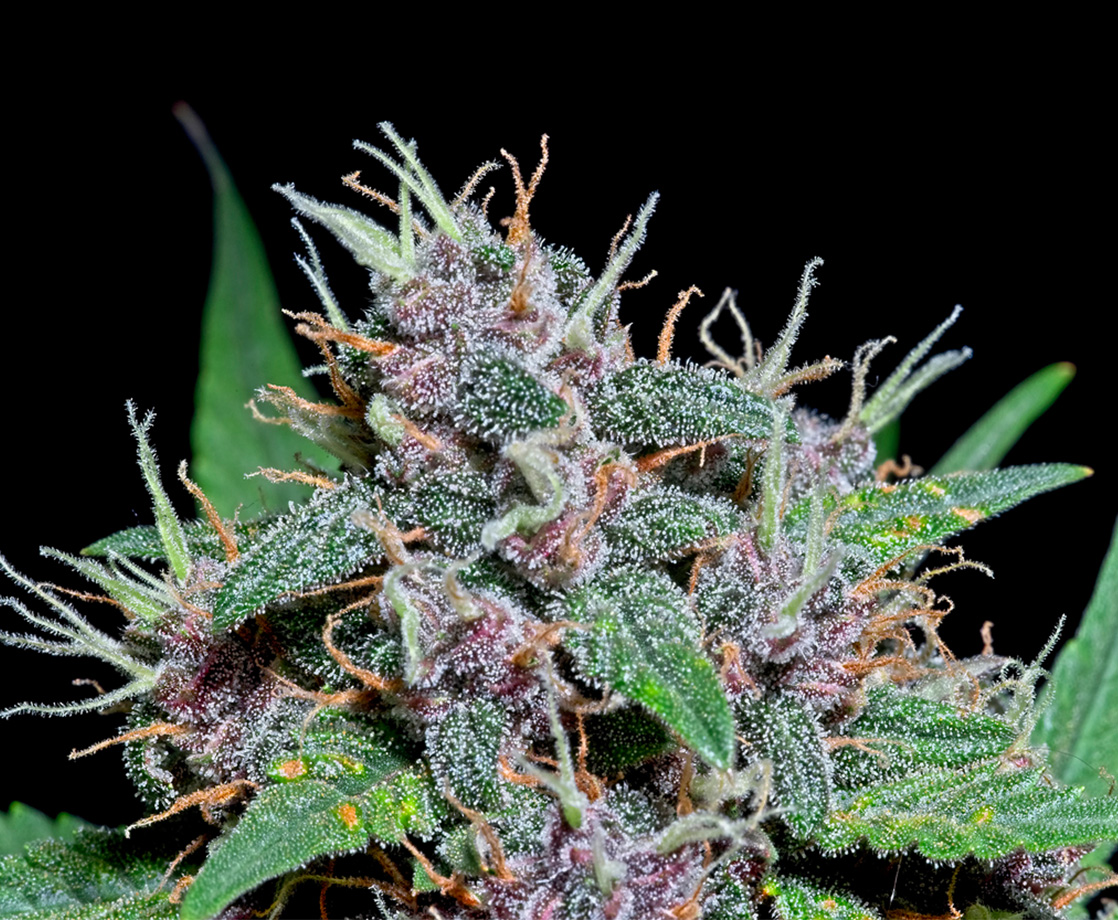On Wednesday, the US House of Representatives passed HR 1595, otherwise known as the SAFE Banking Act, which would allow American financial institutions to do business with state-approved marijuana companies, even though marijuana is still outlawed at the federal level.
Ever since California first legalized medical marijuana in 1995, cannabis operators have had a tough time working with banks. Most big banks, which are federally regulated, won’t open accounts for anyone connected to the state-legal weed industries out of fear they’d be prosecuted for laundering drug money.
But being blocked from accessing banks presents some serious disadvantages to an industry worth over $9 billion today — and projected to be worth $30 billion in just a few more years. Without banks or creditors, cannabis entrepreneurs cannot receive business loans or credit lines. They cannot safely store their money in banks to build interest. Credit card companies won’t handle state-legal marijuana transactions. And worst of all, some weed entrepreneurs are sitting on millions of dollars in cash — presumably stashed in storage a la Breaking Bad or under an incredibly large mattress — which poses critical security and financial risks.
“If someone wants to oppose the legalization of marijuana, that’s their prerogative, but American voters have spoken and continue to speak, and the fact is you can’t put the genie back in the bottle. Prohibition is over,” said Rep. Earl Perlmutter (D-CO) during the floor debate that precluded the vote, according to Marijuana Moment. “Our bill is focused solely on taking cash off the streets and making our communities safe, and only Congress can take these steps to provide this certainty for businesses, employees, and financial institutions across the country.”
The historic vote passed the weed banking bill 321 to 103, which was more than enough Yays required by law. Under typical legislative procedures, the House forms research committees and spends hours, if not entire days, discussing bills and how to revise them. The advantage to considering a bill “under the rules” means it can pass with the barest majority, or just a single vote.
But the SAFE Banking Act was not introduced as any regular ol’ bill. Instead, the Democrats brought it to the House floor under “suspension of the rules,” a fast-tracking process which is usually reserved for simple bills that aren’t politically controversial. That’s because suspension of the rules drastically increases the number of votes required for passage: A fast-tracked bill must win by a two-thirds majority, or roughly 67 percent of the votes. The SAFE Banking Act got 79 percent of the votes.
How did the votes break down by party? Democratic representatives overwhelmingly supported the bill with 99 percent voting in favor. Only 47 percent of Republicans voted in favor, though considering the GOP has traditionally opposed cannabis legalization, witnessing nearly half the party supporting the banking bill is a sign that times truly are changing.
Before you break crack open the champagne and celebrate, the SAFE Banking Act is only half-way to becoming federal law. It still needs to pass the US Senate, which is currently controlled by the Republicans. House Senate Leader Mitch McConnell (R-KY) has been incredibly friendly toward hemp, but whether he’ll allow a vote on the SAFE Banking Act remains to be seen. However, the Senate Banking Chairman, Mike Crapo, has demanded that the Senate vote on the SAFE Banking Act.
If the Senate passes the weed banking bill, it goes to President Trump’s desk to get signed into federal law.
Follow Randy Robinson on Twitter











